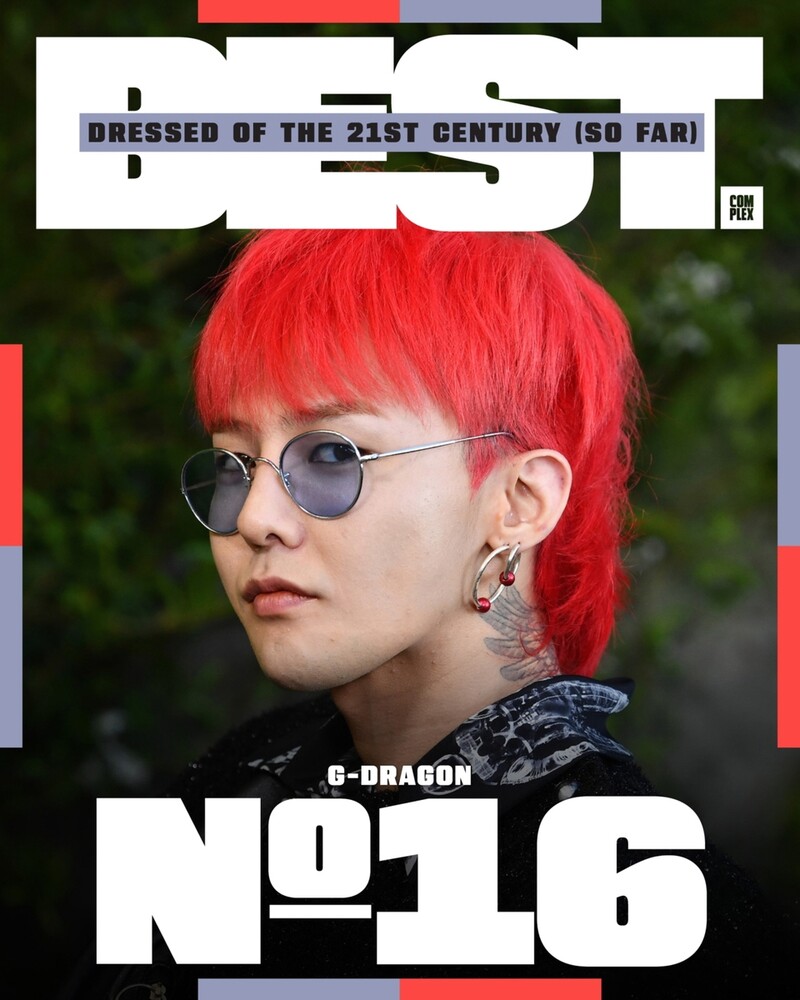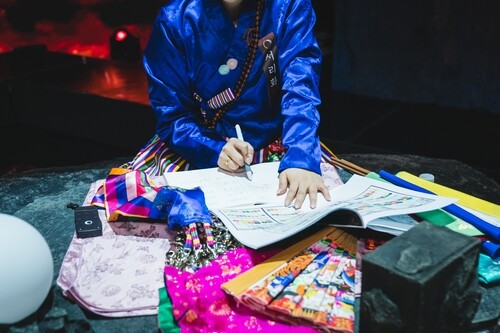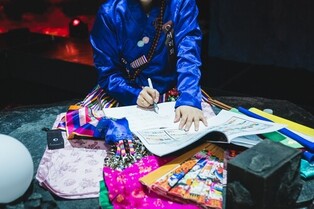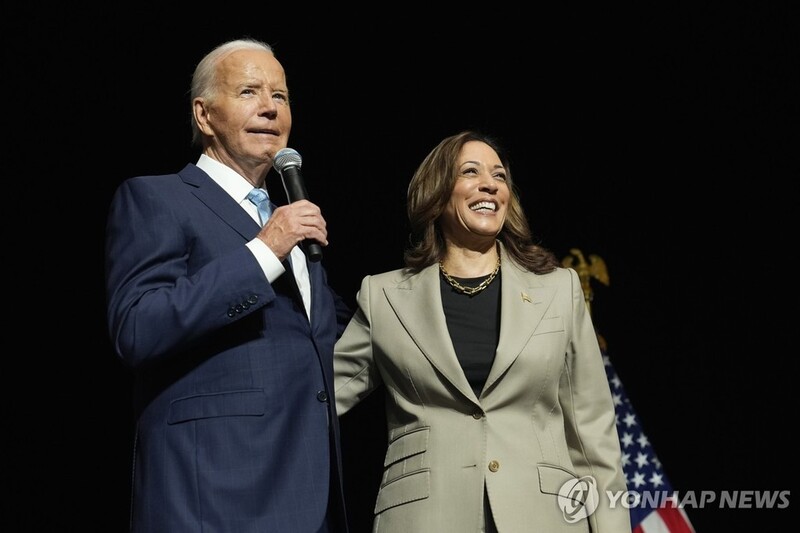 |
| ▲ This file photo, released by the Associated Press, shows President Joe Biden (L) and Democratic presidential nominee Vice President Kamala Harris speaking in Largo, Maryland on Aug. 15, 2024. (Yonhap) |
(News Focus) Democratic platform-NK nuke threats
(News Focus) No mention of N.K. denuclearization goal in Democratic platform stokes questions over U.S. policy
By Song Sang-ho
WASHINGTON, Aug. 19 (Yonhap) -- With the Democratic Party excluding a mention of the denuclearization goal for the Korean Peninsula in a new policy platform, questions are arising over whether it signals any policy focus shift or reflects North Korea's unwillingness to talk or other hurdles toward that goal.
On Sunday, the party unveiled the proposed platform that included a renewed commitment to "stand by especially South Korea, against North Korea's provocations," but fell short of touching on the long-elusive denuclearization goal.
It stood in contrast with the 2020 platform that stated a pledge to build a "sustained, coordinated diplomatic campaign to advance the longer-term goal of denuclearization" -- an objective that has appeared in many official government statements highlighting the United States' commitment to security on the peninsula.
The exclusion drew particular attention as concerns over evolving North Korean threats have been exacerbated by Pyongyang's continued weapons tests and deployments, its deepening military alignment with Moscow and the absence of meaningful diplomacy to curb the regime's threats.
The new platform, which will be officially adopted during this week's party convention, does highlight the current Biden administration's focus on strengthening alliances with South Korea and Japan, and trilateral cooperation with the two Asian allies to tackle North Korean threats.
But the absence of the denuclearization phrase stoked tricky questions over the party's intentions as the release of the platform came on the eve of the start of the four-day Democratic National Convention in Chicago, a symbolic event to celebrate Vice President Kamala Harris as the presidential nominee.
Some observers said that the exclusion of the denuclearization expression might reflect Washington's emphasis on doubling down on deterrence to counter North Korean threats following Pyongyang's rejections of talks over a denuclearization deal.
Washington has repeatedly underlined the need to focus on deterrence, arguing that the North has turned down its constant offers to meet with the North "without preconditions."
The exclusion of the denuclearization language could strike a worrisome note in South Korea as some argue that Pyongyang could see it as an opening to seek the U.S.' acknowledgment of the North as a de-facto nuclear power and negotiations on arms control rather than on denuclearization -- an anathema to Seoul.
Patrick Cronin, chair for Asia-Pacific Security at the Hudson Institute, pointed out that political party platforms are ultimately focused on "helping to win an election," and that any serious policy debate will follow a policy review by a future government.
"Any serious policy debate that would move away from the long-term goal of denuclearization would be made only after a new administration conducted its own policy review, and it is that policy review that will be part of the first 100 days of the next administration regardless of the outcome of the November election," Cronin told Yonhap News Agency via email.
He also pointed out that the Indo-Pacific portion of the 2024 platform is largely focused on supporting South Korea and other U.S. allies, embraces the South Korea-U.S. alliance and lambasts North Korea for its pursuing nuclear weapons and missiles.
The Democratic platform has drawn keen attention in Seoul as Harris is expected to further flesh out her policy vision during this week's convention.
Though she would put her own style on foreign policy if elected, expectations are that she could build on Biden's policy initiative to strengthen a network of regional alliances and partnerships to confront North Korean threats and other challenges.
Should she win the election, the North's nuclear challenge is expected to remain a key security quandary given that Pyongyang's appetite for engagement with Washington has apparently lessened in the midst of its growing partnership with Moscow.
Serious nuclear talks between the U.S. and the North have been stalled since the two countries' no-deal summit in Hanoi in February 2019.
(END)
(C) Yonhap News Agency. All Rights Reserved

















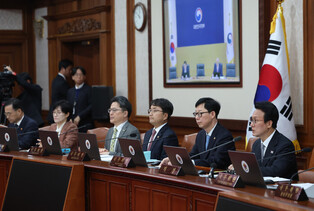
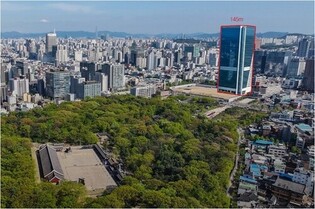




![[게시판] 안무저작권협회, 국가대표 출신 선수 출연 토크콘서트](/news/data/20251118/yna1065624915929065_337_h2.jpg)

